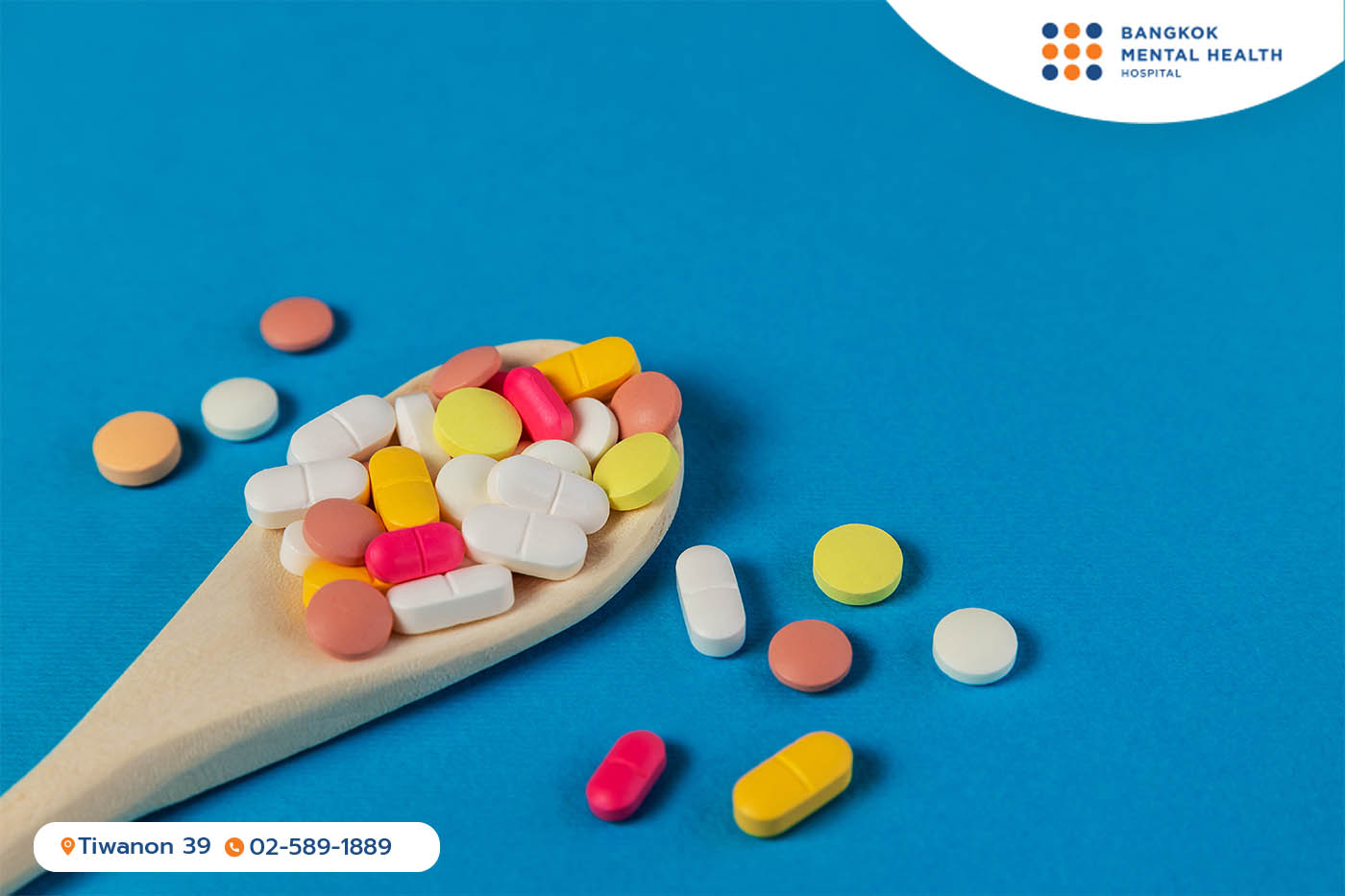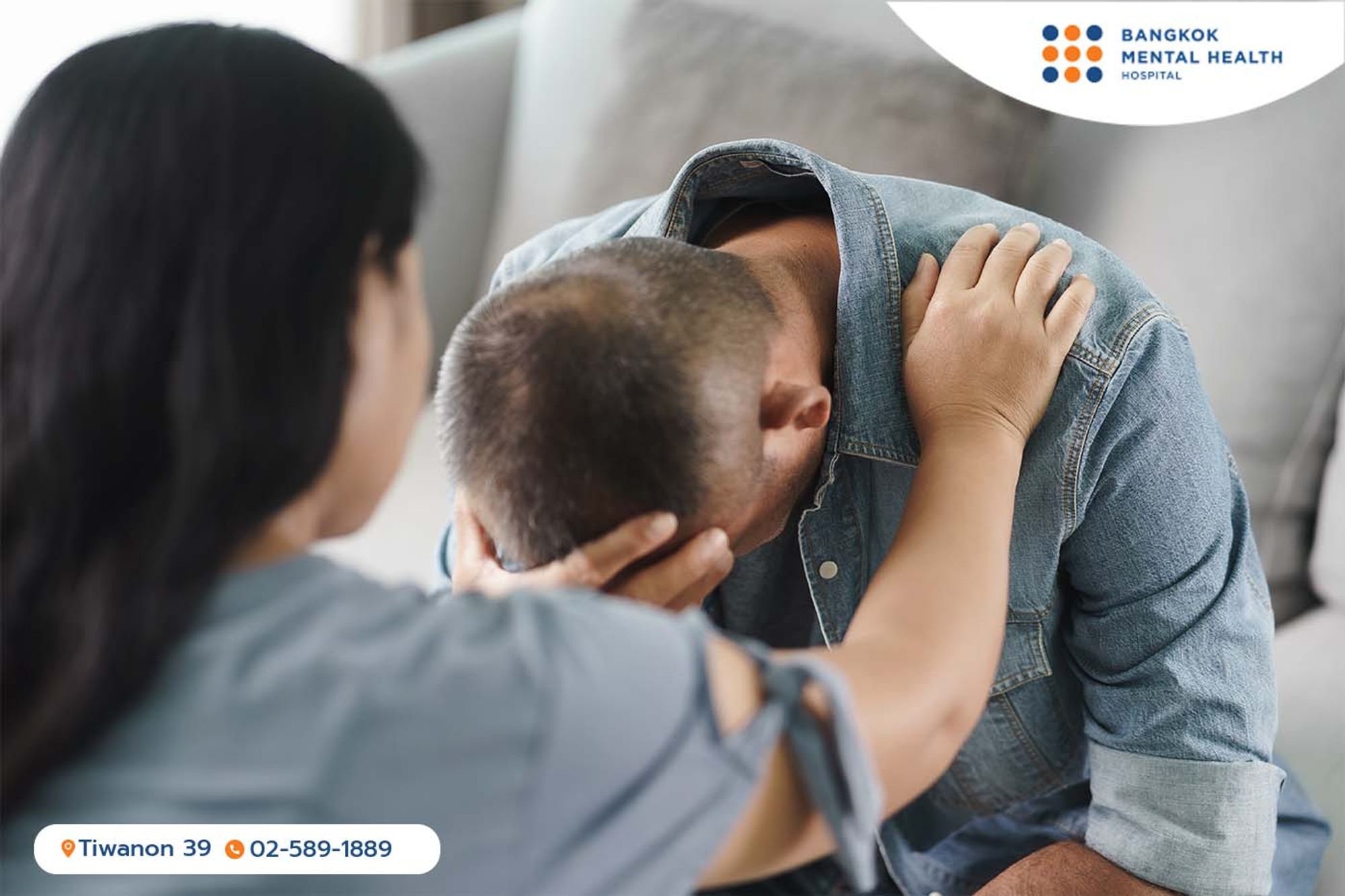
Panic Disorder is a psychiatric condition characterised by abrupt episodes of intense fear or anxiety, often accompanied by a range of physical sensations, including trembling, dizziness, shortness of breath, and chest tightness.
Effective treatments for panic disorder include psychoeducation, counselling, psychotherapy, and, in some cases, medications. Patients dealing with social and psychological factors may benefit from a combination of these approaches to optimise their treatment outcomes. In those with severe symptoms, better results may be achieved with behavioural therapy in conjunction with medication.
It is important to note that, when the appropriate medication type and dosage are administered, it requires 1-2 weeks for the symptoms to improve. While on medication, individuals are advised not to discontinue treatment without professional guidance, as abrupt cessation may lead to discomfort such as irritability, restlessness, or sleep disturbances. These side effects are not indicative of medication addiction but are a natural part of the process as nerve cell function and neurotransmitter production in the brain adapt over time. It is crucial to adhere to treatment in order to effectively manage panic disorder.
Related Articles

Post-Traumatic Stress Disorder (PTSD)
Post-traumatic stress disorder (PTSD), also known as acute stress disorder (ASD), is a condition that develops after exposure

Toxic Friends: Unhealthy Relationships
If you find yourself around someone who makes you feel uncomfortable or unhappy and constantly creates conflict in your life

6 Ways to Cope with Infidelity
Infidelity is an unwelcome event in any relationship, causing emotional distress such as sadness, disappointment
Talk to Doctor
Call Us
Line BMHH